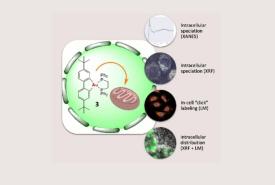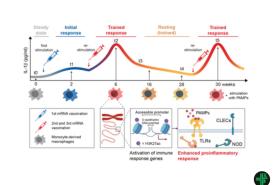A rice sized pacemaker that heals and dissolves, need no surgery
Northwestern University engineers have developed a pacemaker so tiny that it can fit inside the tip of a syringe — and be non-invasively injected into the body.
Although it can work with hearts of all sizes, the pacemaker is particularly well-suited to the tiny, fragile hearts of newborn babies with congenital heart defects.


















